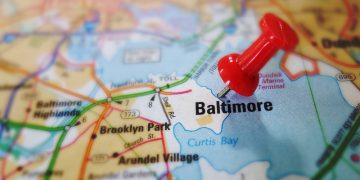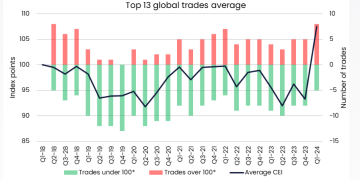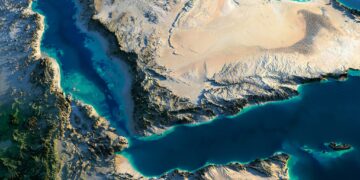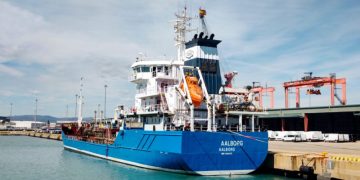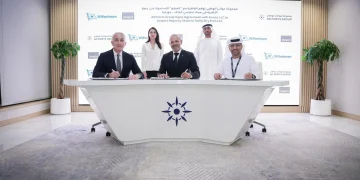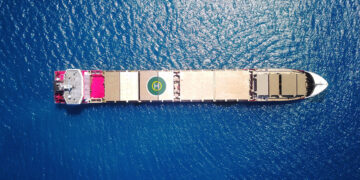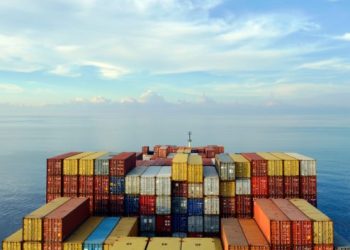Maritime New Zealand has published its Coastal Navigation Safety Review Report which identifies potential enhancements to the current framework, including a recommendation for expanded use of virtual aids to navigation.
The review focused on the safe navigation of large ships over 500 gt and fishing vessels over 45m in length in New Zealand’s territorial waters (within 12 nautical miles of the coast). Other types of ship were considered where they interact with, or have an impact on, the movement of large ships and fishing vessels. Activity in the Exclusive Economic Zone (EEZ) was also considered to the extent that it may impact on the movement of large ships and fishing vessels.
The reviewers’ analysis of the qualitative and quantitative evidence of risk created by the five contributing factors has found that, while there are some opportunities for improvement, there is a sound framework in place to assess risk and adjust existing safety management mechanisms. The passage of ships around the New Zealand coast is governed by international, national and regional conventions, codes, regulations and bylaws designed to maximise safety of navigation in the face of economic pressures and technological transformation. At the same time the reviewers identified some opportunities for consideration by Maritime NZ, other relevant central and local government agencies, and the industry
The review also found that, when the five contributing factors are considered in combination, the degree of risk on the New Zealand coast varies by location. At present the PHMSC is the primary mechanism for assessing risk and implementing an ongoing safety management system in these locations. However the PHMSC only covers navigation within the port and harbour. Port approaches, where ships converge and diverge, were considered more or less risky depending on geographic, weather and sea conditions, as well as vessel volumes and other factors. Furthermore, the review found that regional expertise might be better utilised.
In recent years Maritime NZ’s managers have been working closely with councils. The closer working relationship has been facilitated by the 2013 amendments to the Maritime Transport Act (MTA) which increased visibility of the maritime safety powers and functions of councils. Maritime NZ regards councils as co-regulators of maritime activity. Port operators have responsibilities that align closely with ensuring safe navigation. The three parties have much to gain from continuing to strengthen their working relationship.
Greater integration between international, national and regional interventions may be facilitated by increased leadership and purposeful dialogue. In this context, leadership that identifies and implements opportunities for collective decision-making is likely to be most effective.
The analysis indicates significant variation in navigational safety risk levels (both in terms of fleet and societal risk) and an inherent complexity around the New Zealand coastal regions. It is therefore suggested that MNZ consider further detailed studies of navigation risk for the higher risk areas. This will allow a more precise understanding of the nature of the hazards and risk at each location and hence the appropriate resourcing of practical interventions.
Given the high potential consequences in terms of human life and limited immediate largescale response capabilities these studies should explore aspects of hazard reduction, incident prevention, response systems and rescue capability. These aspects may best be explored by means of both detailed hazard analysis and scenario-based studies.
It is also noted that, at a national level, the risk profile forms a useful proxy for the systematic prioritisation of other related risk mitigation activities such as nautical charting surveys and the overall consideration of aids to navigation
Learn more by reading the review
Source: Maritime New Zealand




